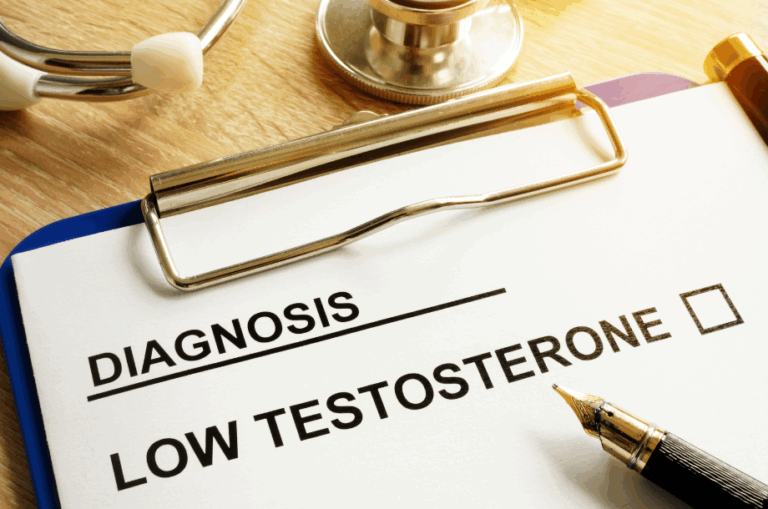Sleep deprivation dramatically increases your risk of coming down with an infection. A study published in the British Medical Journal assessed sleep difficulties and their associations with COVID risk. The study looked at three common sleep problems, including 1). Difficulty falling asleep at night, 2). Frequent wakings with difficulties falling back to sleep, 3). Taking sleeping pills more than 3 times per week. Researchers found that those who experience these sleep problems regularly have up to an 88% greater risk of contracting COVID. In fact, sleeping for just 1 hour longer resulted in a 12% lower risk of contracting COVID.
These findings are no coincidence. Your immune system struggles when it’s not getting the sleep it requires. While you sleep, your immune system produces infection-fighting antibodies and cytokines that help protect you from pathogens. Not enough sleep cripples your immune system, decreasing its ability to fend off invaders, and making it harder for you to recover. Sleep is so critical to health that in 1996, the Guinness Book of World Records stopped accepting records for sleep deprivation because it was so harmful, and Amnesty International classifies sleep deprivation as a form of torture.
Wondering how much sleep you need to stay healthy? Check out the chart below:
| Age | Amount of Sleep |
| Newborns under 4 mos. | Erratic sleeping patterns |
| 4 mos. to 1 yr | 12 to 16 hrs |
| 1 to 2 yrs | 11 to 14 hrs |
| 3 to 5 yrs | 10 to 13 hrs |
| 6 to 12 yrs | 9 to 12 hrs |
| 13 to 18 yrs | 8 to 10 hrs |
| Adults | 7 to 8 hrs |
For Gutbliss tips on how to get more sleep, check out Could your Gut Be The Key to Better Sleep? and Exercise & Sleep: What You Need to Know.








